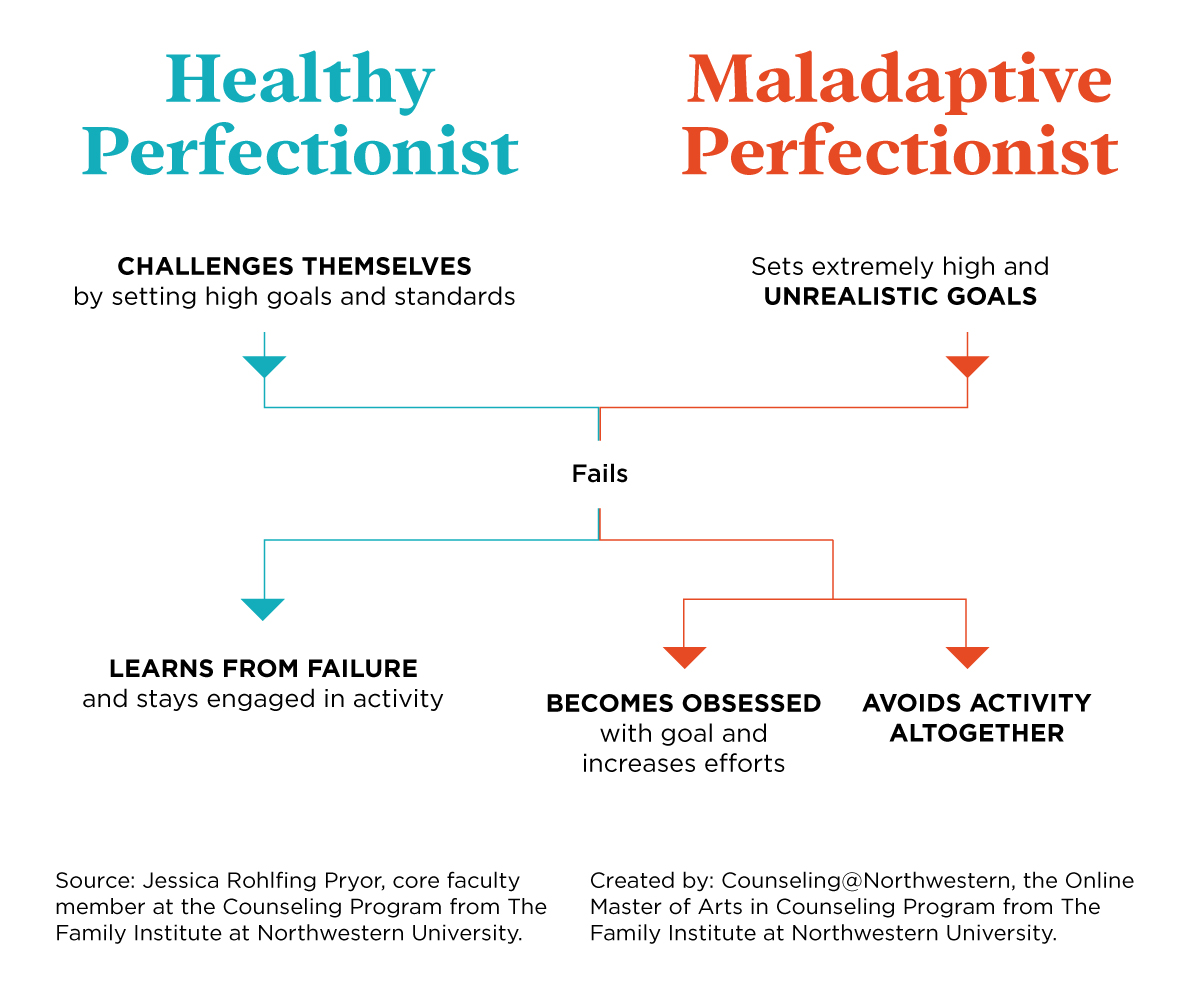Have you ever just gotten a feeling that you were transported into another world? It can be a very consuming feeling and seems as though you are in a place better for your mind. If you have ever found yourself absorbed in a film or maybe engrossed in a really good book that you can’t seem to put down, you may have been caught in a form of escapism. Escapism is defined as the repeated use of an activity or behavior to distract the mind from negative or unpleasant emotions.
Well, not to assume anything, but if I could guess I’d say that most of us had participated in escapism at some point, or maybe even all of the time. In my last blog post, I touched a little on how the grating realities of life can be a lot sometimes and whether it’s your own mental health, a pandemic, or social issues occurring in the world, it’s understandable why some may need a break. I have always looked at escapism as a healthy coping mechanism, but it turns out there are some forms of escapism that can be detrimental to your health and well-being. In excess, escapism is unhealthy and there are many negative “escapist strategies.”
Sometimes escapism occurs when you are trying to avoid something. Some people escape by seeking out alternative activities, like sleeping, and some choose to drown themselves in their work. There are a lot of instances where people distract themselves with addictions like binge eating, smoking, alcohol, or drugs. Facing addiction for one, is made harder through the usage of drugs and alcohol and can prohibit one’s ability to acknowledge the reality of their addiction, leading to further negative realities. In relationships, you also see escapism arise, for example when people rebound after breakups. After being hurt that person wants that feeling of being wanted by someone, anyone, to distract from the pain of the breakup. In reality, the issues are never being addressed or acknowledged, they are still there, silent but slowly waiting till they can resurface in another manner. Another downside of escapism is that it can be used to constantly suppress emotions instead of actually feeling them and can even further lead to alcohol and substance abuse. One analysis published by sciencedirect.com also linked suppressing emotions to a 35% increased risk of death and a 70% risk of death by cancer and a variety of other serious health issues.
 Image source
Image source
Escapism can also lead to lost time, procrastination, falling behind, and even withdrawal from social relationships and functions due mostly to avoidance. Those who stay put in jobs they are unhappy in because of their fear of failure from pursuing what they are truly passionate about and those who avoid challenges in fear of possible suffering or embarrassment. People who avoid issues because they think they lack the strength to face them. In life, many people try to escape from various things in an attempt to stifle their fears, unhappiness, their past, or their pain. However, avoiding your problems won’t solve them, they are still there and will be when you inevitably have to face them. It’s important to acknowledge and deal with what you are trying to “escape,” from or you will continue to find yourself stuck in recurring patterns and situations, doing the same things over and over, never moving forward with the same feelings and thoughts as before, in a continuous loop.

Image Source
There are many sides to escapism and despite the many negative risks, escapism isn’t necessarily a bad thing. Like I mentioned earlier, getting lost in a good book or movie, meditating, using exercise as form of escapism are all great ways to manage stress and take a break from the real world. However, in excess, escapism is unhealthy and there are negative “escapist strategies.” Some ways to determine if you are using escapism in a healthy way is to ask yourself what is your motivation for partaking in it. Ask yourself if you are running from something and if try to determine if its a specific thing or perhaps a bigger, underlying issue. Sometimes feeling the need to escape is your subconscious telling you to take a break. I think with all of this, perspective plays a key role. Escapist tendencies are a natural part of life for everyone, especially when you are feeling a bit overwhelmed.



